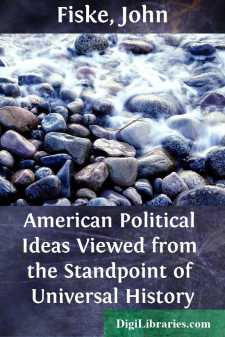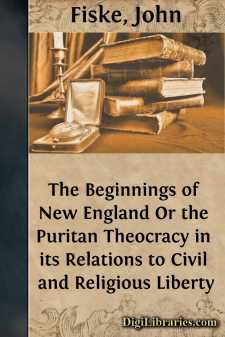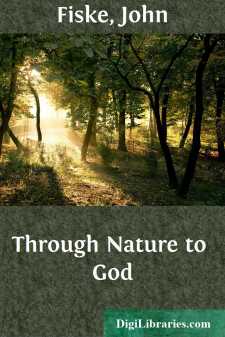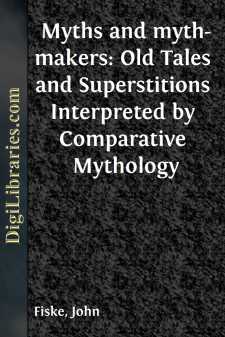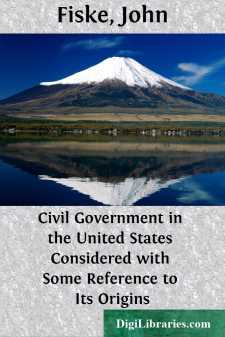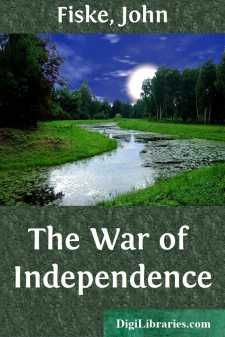Categories
- Antiques & Collectibles 13
- Architecture 36
- Art 48
- Bibles 22
- Biography & Autobiography 813
- Body, Mind & Spirit 142
- Business & Economics 28
- Children's Books 15
- Children's Fiction 12
- Computers 4
- Cooking 94
- Crafts & Hobbies 4
- Drama 346
- Education 46
- Family & Relationships 57
- Fiction 11829
- Games 19
- Gardening 17
- Health & Fitness 34
- History 1377
- House & Home 1
- Humor 147
- Juvenile Fiction 1873
- Juvenile Nonfiction 202
- Language Arts & Disciplines 88
- Law 16
- Literary Collections 686
- Literary Criticism 179
- Mathematics 13
- Medical 41
- Music 40
- Nature 179
- Non-Classifiable 1768
- Performing Arts 7
- Periodicals 1453
- Philosophy 64
- Photography 2
- Poetry 896
- Political Science 203
- Psychology 42
- Reference 154
- Religion 513
- Science 126
- Self-Help 84
- Social Science 81
- Sports & Recreation 34
- Study Aids 3
- Technology & Engineering 59
- Transportation 23
- Travel 463
- True Crime 29
American Political Ideas Viewed from the Standpoint of Universal History
by: John Fiske
Description:
Excerpt
I.
The traveller from the Old World, who has a few weeks at his disposal for a visit to the United States, usually passes straight from one to another of our principal cities, such as Boston, New York, Washington, or Chicago, stopping for a day or two perhaps at Niagara Falls,--or, perhaps, after traversing a distance like that which separates England from Mesopotamia, reaches the vast table-lands of the Far West and inspects their interesting fauna of antelopes and buffaloes, red Indians and Mormons. In a journey of this sort one gets a very superficial view of the peculiarities, physical and social, which characterize the different portions of our country; and in this there is nothing to complain of, since the knowledge gained in a vacation-journey cannot well be expected to be thorough or profound. The traveller, however, who should visit the United States in a more leisurely way, with the purpose of increasing his knowledge of history and politics, would find it well to proceed somewhat differently. He would find himself richly repaid for a sojourn in some insignificant place the very name of which is unknown beyond sea,--just as Mr. Mackenzie Wallace--whose book on Russia is a model of what such books should be--got so much invaluable experience from his months of voluntary exile at Ivanofka in the province of Novgorod. Out of the innumerable places which one might visit in America, there are none which would better reward such careful observation, or which are more full of interest for the comparative historian, than the rural towns and mountain villages of New England; that part of English America which is oldest in civilization (though not in actual date of settlement), and which, while most completely English in blood and in traditions, is at the same time most completely American in so far as it has most distinctly illustrated and most successfully represented those political ideas which have given to American history its chief significance in the general work of civilization.
The United States are not unfrequently spoken of as a "new country," in terms which would be appropriate if applied to Australia or New Zealand, and which are not inappropriate as applied to the vast region west of the Mississippi River, where the white man had hardly set foot before the beginning of the present century. New England, however, has a history which carries us back to the times of James I.; and while its cities are full of such bustling modern life as one sees in Liverpool or Manchester or Glasgow, its rural towns show us much that is old-fashioned in aspect,--much that one can approach in an antiquarian spirit. We are there introduced to a phase of social life which is highly interesting on its own account and which has played an important part in the world, yet which, if not actually passing away, is at least becoming so rapidly modified as to afford a theme for grave reflections to those who have learned how to appreciate its value. As any far-reaching change in the condition of landed property in England, due to agricultural causes, might seriously affect the position of one of the noblest and most useful aristocracies that has ever existed; so, on the other hand, as we consider the possible action of similar causes upon the personnel and upon the occupations of rural New England, we are unwillingly forced to contemplate the possibility of a deterioration in the character of the most perfect democracy the world has ever seen....


